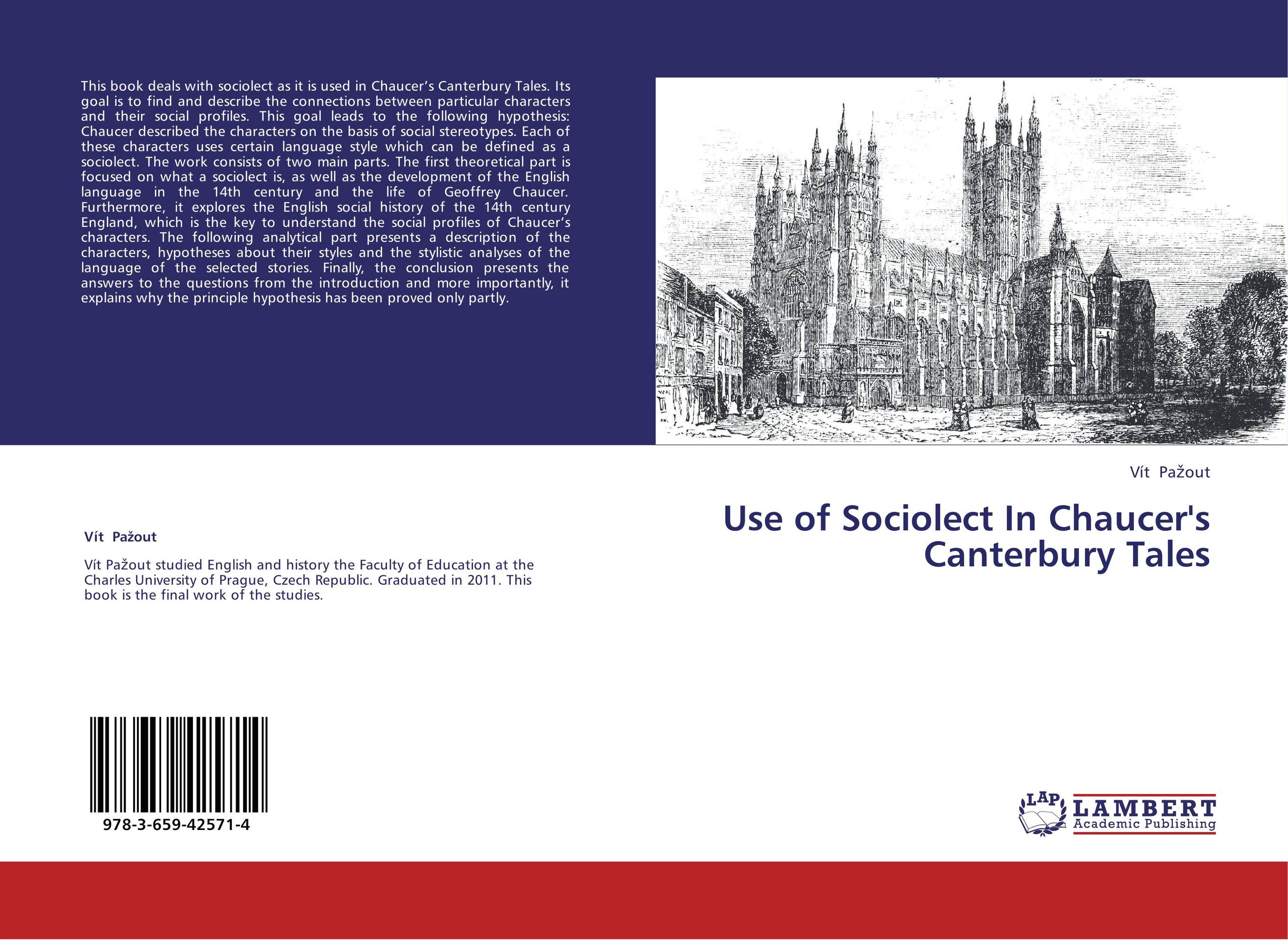| Поиск по каталогу |
|
(строгое соответствие)
|
- Профессиональная
- Научно-популярная
- Художественная
- Публицистика
- Детская
- Искусство
- Хобби, семья, дом
- Спорт
- Путеводители
- Блокноты, тетради, открытки
Use of Sociolect In Chaucer's Canterbury Tales.

В наличии
| Местонахождение: Алматы | Состояние экземпляра: новый |

Бумажная
версия
версия
Автор: V?t Pa?out
ISBN: 9783659425714
Год издания: 2013
Формат книги: 60×90/16 (145×215 мм)
Количество страниц: 92
Издательство: LAP LAMBERT Academic Publishing
Цена: 34044 тг
Положить в корзину
Позиции в рубрикаторе
Отрасли знаний:Код товара: 124446
| Способы доставки в город Алматы * комплектация (срок до отгрузки) не более 2 рабочих дней |
| Самовывоз из города Алматы (пункты самовывоза партнёра CDEK) |
| Курьерская доставка CDEK из города Москва |
| Доставка Почтой России из города Москва |
Аннотация: This book deals with sociolect as it is used in Chaucer’s Canterbury Tales. Its goal is to find and describe the connections between particular characters and their social profiles. This goal leads to the following hypothesis: Chaucer described the characters on the basis of social stereotypes. Each of these characters uses certain language style which can be defined as a sociolect. The work consists of two main parts. The first theoretical part is focused on what a sociolect is, as well as the development of the English language in the 14th century and the life of Geoffrey Chaucer. Furthermore, it explores the English social history of the 14th century England, which is the key to understand the social profiles of Chaucer’s characters. The following analytical part presents a description of the characters, hypotheses about their styles and the stylistic analyses of the language of the selected stories. Finally, the conclusion presents the answers to the questions from the introduction and more importantly, it explains why the principle hypothesis has been proved only partly.
Ключевые слова: Stereotype, Pilgrimage, Social Class, Social status, sociolect, sociolinguistic profile, Geoffrey Chaucer, Canterbury Tales



